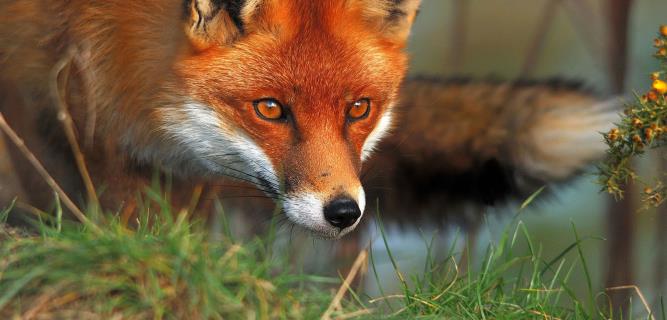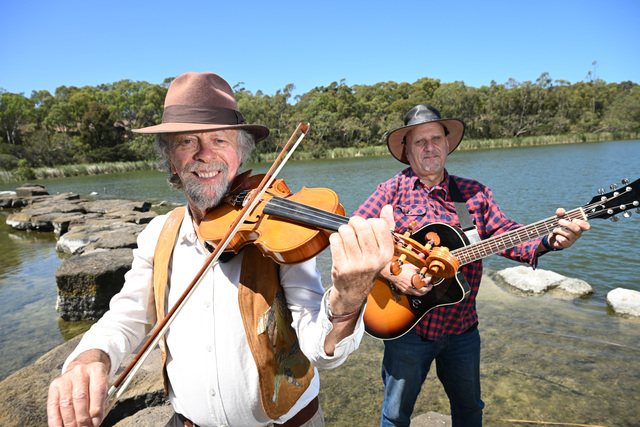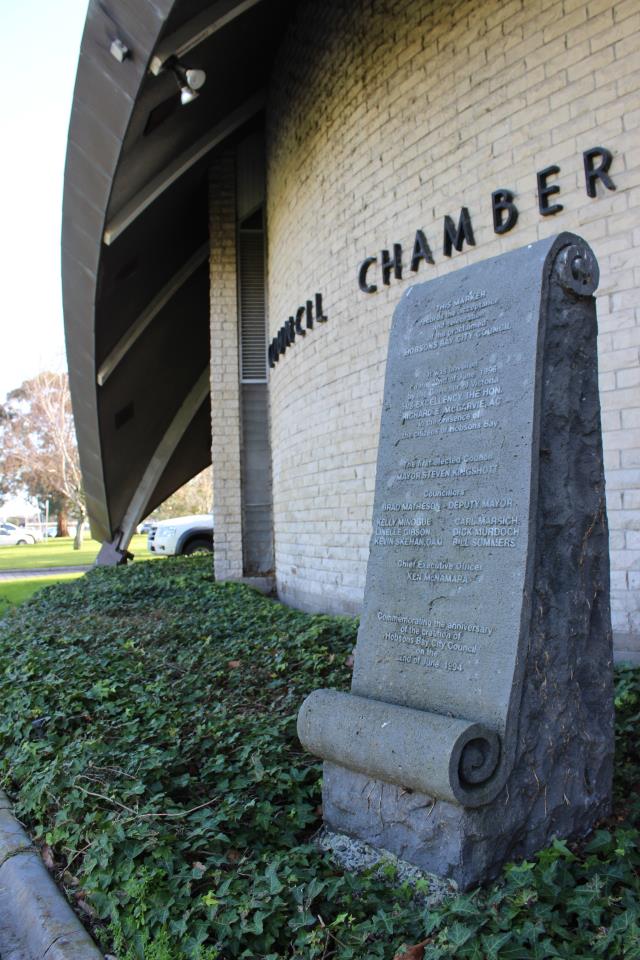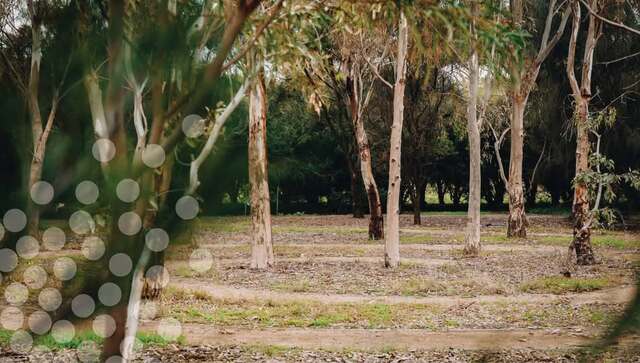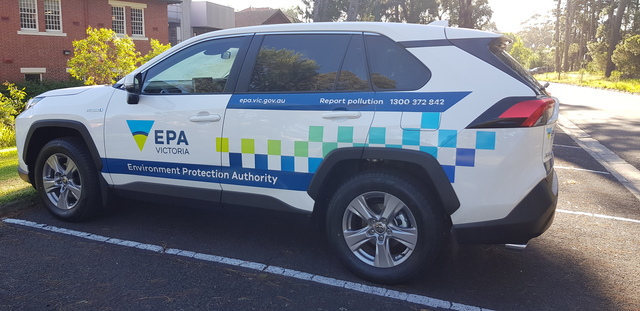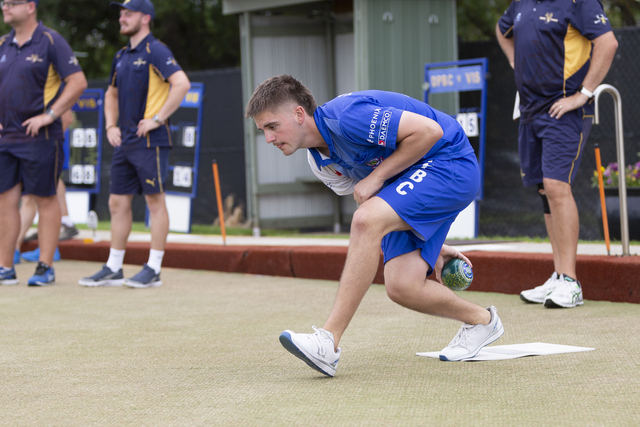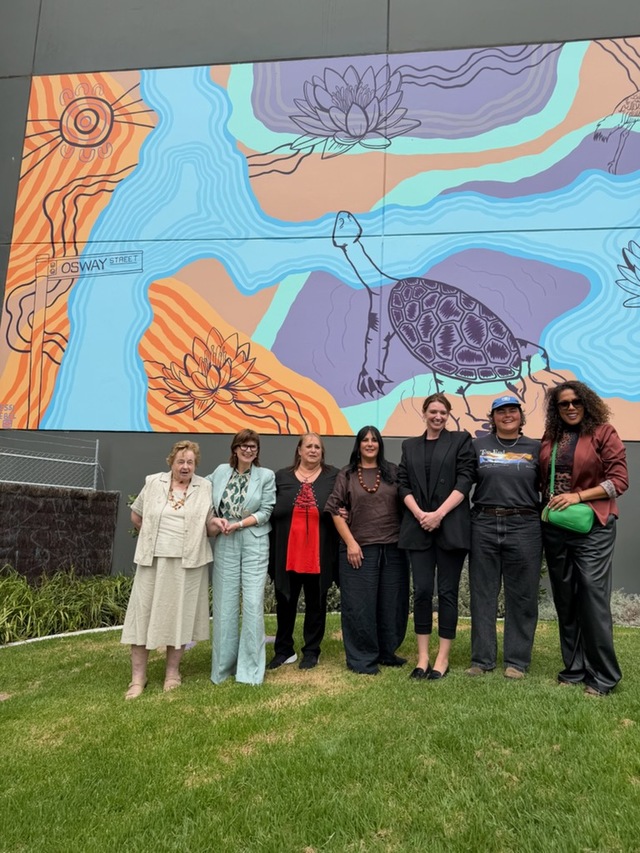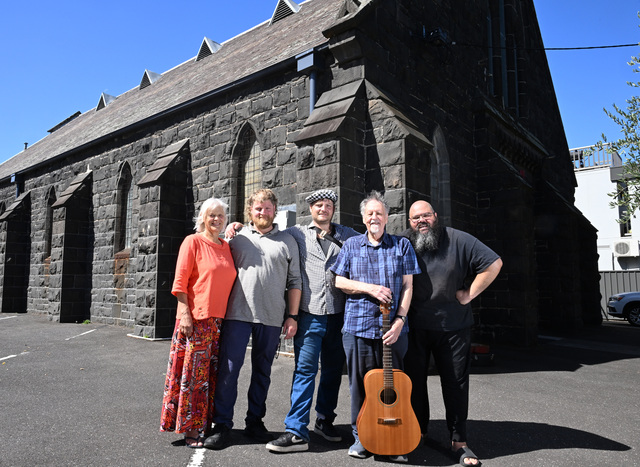Local community groups will have access to nearly $800,000 in funding to help them guard against biosecurity threats thanks to the latest round of grants made available by the state government.
The third round of the partnerships against pests grants program was opened by Agriculture Minister Ros Spence on Wednesday, offering community groups funding to protect their local environment, industries and cultural heritage.
Grants of between $10,000 and $50,000 are available to a wide range of agricultural and environmental not-for-profit organisations to deliver projects that manage weeds and pests over a two year period.
“We’re proud to be helping Victorian communities to play an active role in managing invasive pests and weeds at a local level that affect our environment,” said Ms Spence in announcing the latest round of grants.
Victorian invasive pest advisory board chair Andrew Maclean said the continued funding would help community groups build on existing pest and weed control initiatives.
“Funding projects for longer will enable community groups to design and deliver innovative and sustainable established invasive species projects.”
The program’s previous round of funding included a $30,000 grant for Bush Heritage Australia to share the story about how they, in partnership with the Dja Dja Wurrung Clans Aboriginal Corporation (DJAARA) , successfully removed wheel cactus at Buckrabanyule – a sacred site for the Dja Dja Wurrung people and wider Kulin Nation.
“It is only through innovation and collaboration that we will be able to tackle immense invasive species challenges like wheel cactus,” said Bush Heritage Australia health landscapes manager Tegan Hibberson.
“This grant allows us to share these innovative new methods and demonstrate the outcomes of a genuinely collaborative approach between DJAARA and Bush Heritage Australia.’’
To help more community groups to access grants, Agriculture Victoria will host a webinar at 11am on Monday, September 9.
For details about the partnerships against pests grants program and webinar visit: agriculture.vic.gov.au.

